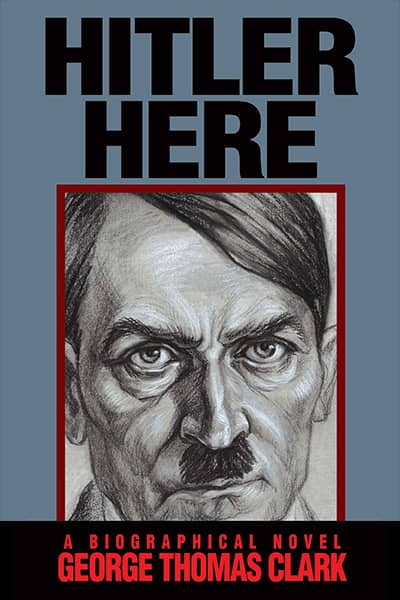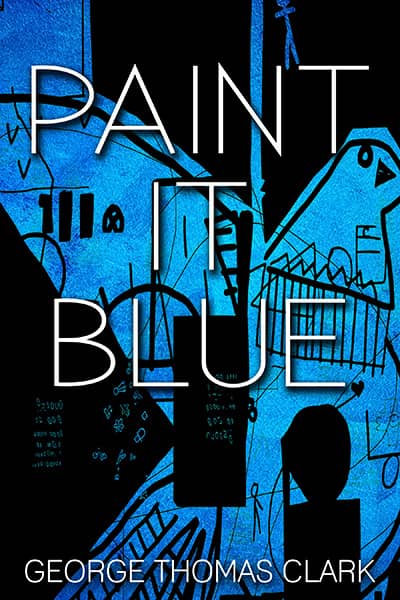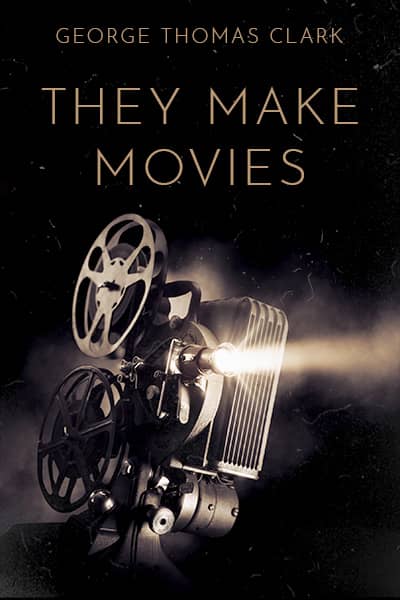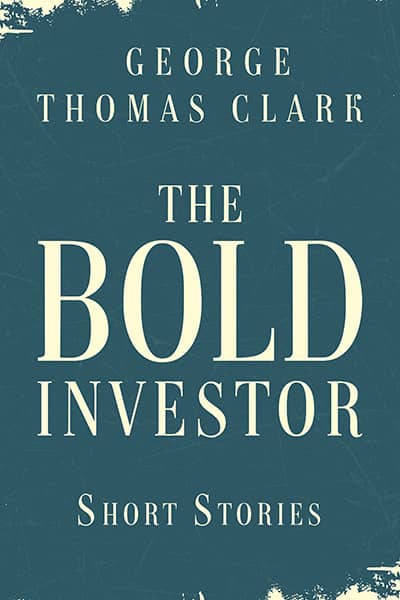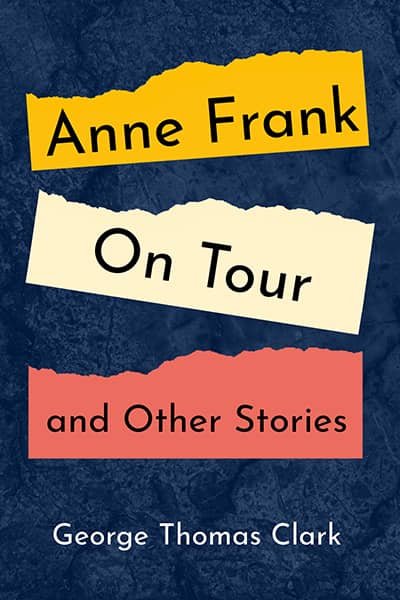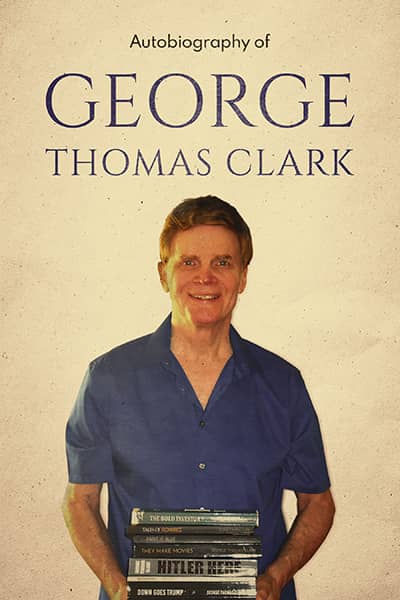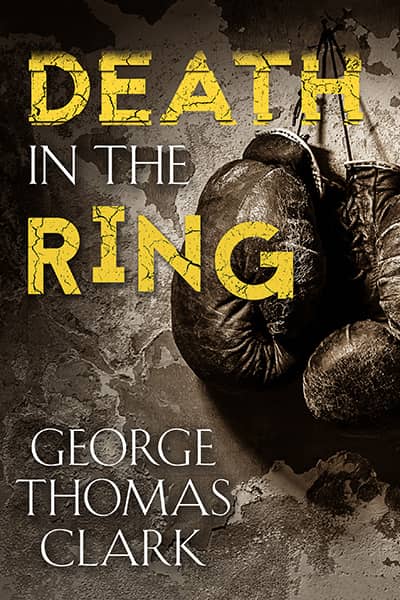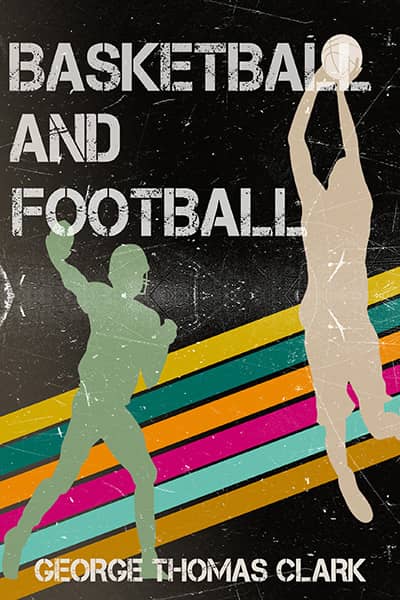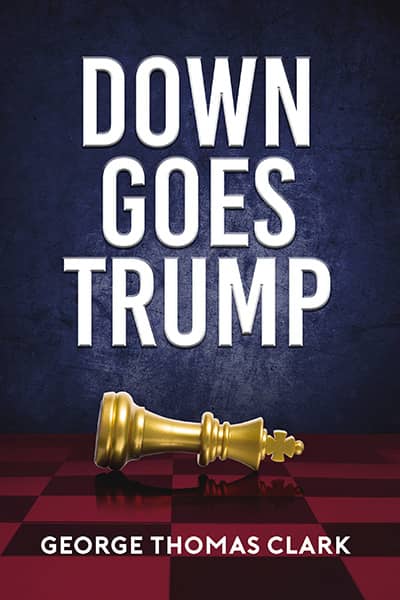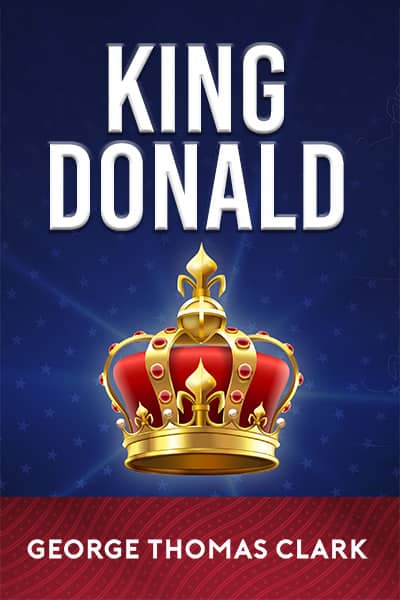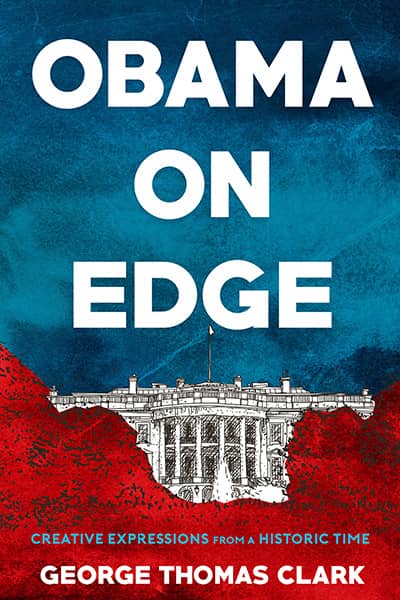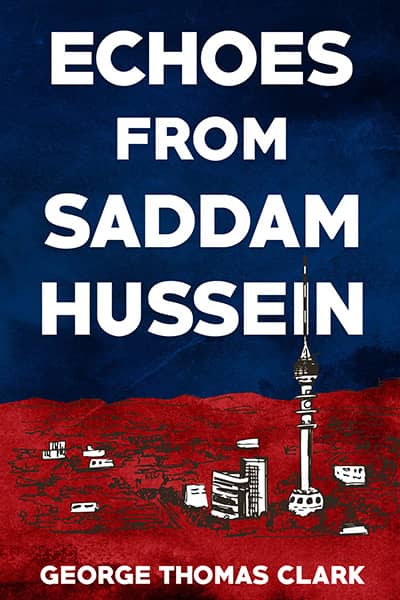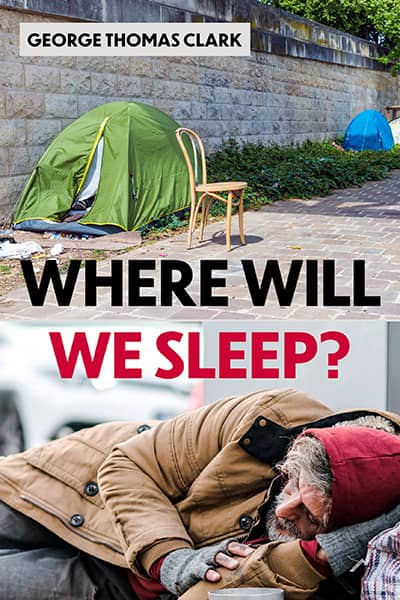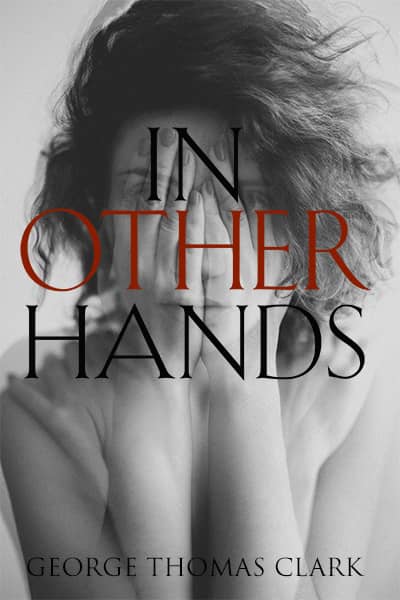What Happened to Camilo Cienfuegos?
October 25, 2015
Please remember that on October twenty-sixth, 1959, at a massive rally outside the presidential palace in Havana, thousands of Cubans cheered the leader of the revolution, Fidel Castro, who launched another interminable speech. At a point when rational listeners began to tire, Camilo Cienfuegos, commander of the rebel army, arrived and stepped onto the stage and people cheered and shouted “Camilo” more heartily than they’d chanted “Fidel,” and we all felt excited by this young man’s charisma and the mood changed from one of deference to Fidel to admiration for and trust in Camilo, who, let me emphasize, wasn’t seeking any of that.
Fidel stiffened and asked, “Am I doing all right, Camilo?”
“You’re doing very well, Fidel.”
Fidel in fact was deflated; I know him and am certain. I’m not saying people didn’t admire Fidel. They did, but I sensed they felt something more special for Camilo, and concluded he’d probably just become the most vulnerable man in Cuba.
During the war against Fulgencio Batista and his reactionary regime, Fidel had promoted Camilo, and the slender, bearded commander adroitly led his troops in combat, impressing everyone as he stayed in front and fired standing up to better see the enemy. After his gallantry in the Sierra Maestra and later on the plains of central Cuba, Camilo marched into Havana that January and inspired people with his confidence and magic smile. For months, on the streets, in restaurants, and in night clubs where Camilo danced with rhythm and style, young women inundated him, and he was most receptive.
Some of us, among ranking officers, believed Fidel feared Camilo’s popularity and potential. In public Fidel had praised his talented commander of the rebel army, but in private he frequently rebuked Camilo and ignored his opinions. Irrespective of political preference, everyone behind the scenes knew that Fidel, constantly prodded by Che and Raul, was easing away from democracy toward communism. Camilo, a more flexible man, worried he might have to become a doctrinaire communist or live somewhere else.
Camilo probably had maintained some hope the revolution could still be righteous until the fall of 1959 when, suddenly, Fidel Castro abolished the ministry of defense, which had authority over Camilo’s rebel army as well as the navy and air force, and named Raul Castro chief of the armed forces. Raul, a tiny man whose pinched expressions suggested a rat, then quickly and with maximum stealth ordered his henchmen to cut the long hair and shave the revolutionary beards of Camilo’s key officers and eject them from the rebel army.
“What’s this farce?” Camilo said, storming into Raul’s office.
“It’s the new command structure. We’re organizing a professional army the people can trust.”
“Who are you, other than Fidel’s baby brother?”
Raul drew his pistol.
“Use it or I’ll take it away.”
Raul hesitated, and Camilo rushed him, grabbed his wrist with both hands, twisted, pulled the pistol into his right hand, tossed it on the floor, looked contemptuously at the chief of armed forces, pivoted, and strode from the room.
Fidel Castro still had an important mission for Camilo Cienfuegos: go to a base in Camaguey and arrest the distinguished rebel officer Huber Matos, who Fidel said had become a traitor. At four a.m., before Camilo had arrived, Fidel called a captain and ordered him to take over the camp, detain Matos, and force him to resign. The captain wanted to resist. So did most of Matos’ men. Matos said no. He’d comply.
Now at the base Camilo interviewed Huber Matos and others.
“Fidel’s destroying democratic institutions,” Matos told him. “I assume you’ve noticed.”
“That’s something we can all debate. But you’re not planning to revolt?”
“Do you see any indication I am? Has anyone here indicated that?”
Within an hour Fidel called Camilo, who reported, “There’s no problem at all here. There must be a mistake.”
Fidel hung up.
In coming days Raul Castro, using his new power, began telling Camilo’s troops their former commander was untrustworthy. Meanwhile, Fidel and Raul had assigned to key stations new troops obedient to them, and sent Camilo’s comrades into the backwoods.
Alarmed and active, Camilo Cienfuegos investigated the framing of Huber Matos.
“Be careful,” Matos said. “At my trial I don’t think Fidel wants his attorneys to cross-examine a witness like you.”
On October twenty-eighth Fidel ordered Camilo to fly from Camaguey to Havana. At six oh one p.m. he, another officer, and the pilot took off. Radio contact soon disappeared. So did the plane. We didn’t know what happened. It’s possible the twin engine plane faltered and plummeted. Perhaps bad weather knocked the plane from the sky, though people I trust told me the weather was good. Maybe Camilo’s aircraft was mistaken for a terrorist plane, one of thousands, flying from the United States to Cuba to burn sugar cane fields and damage other targets. Or possibly, as some insisted, an armed air force plane took off just after Camilo’s and followed the same path.
The Smile of Camilo Cienfuegos
Source: Camilo Cienfuegos by Carlos Franqui.
